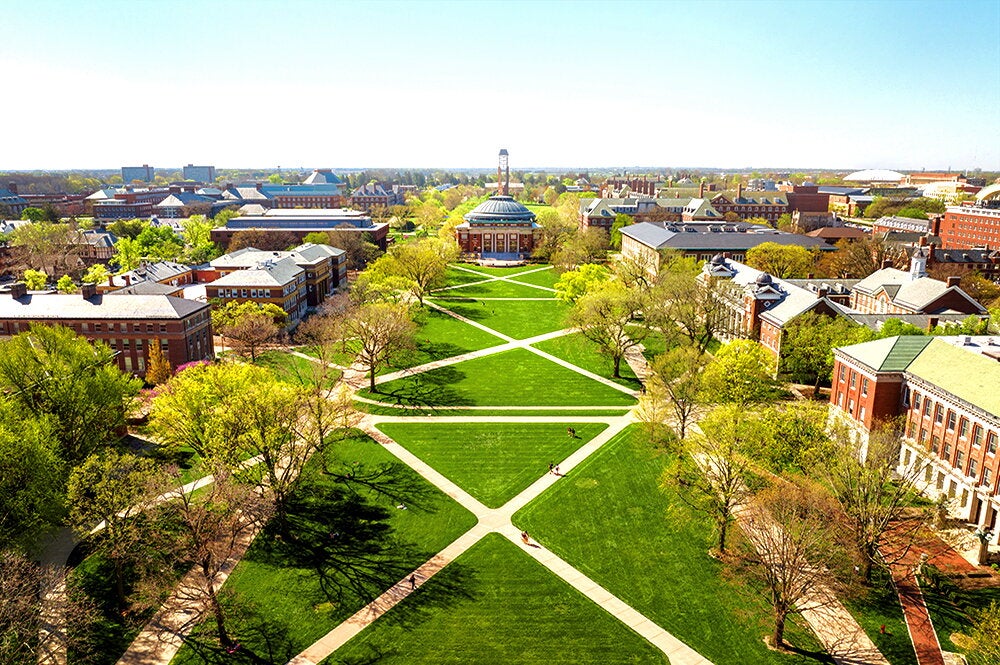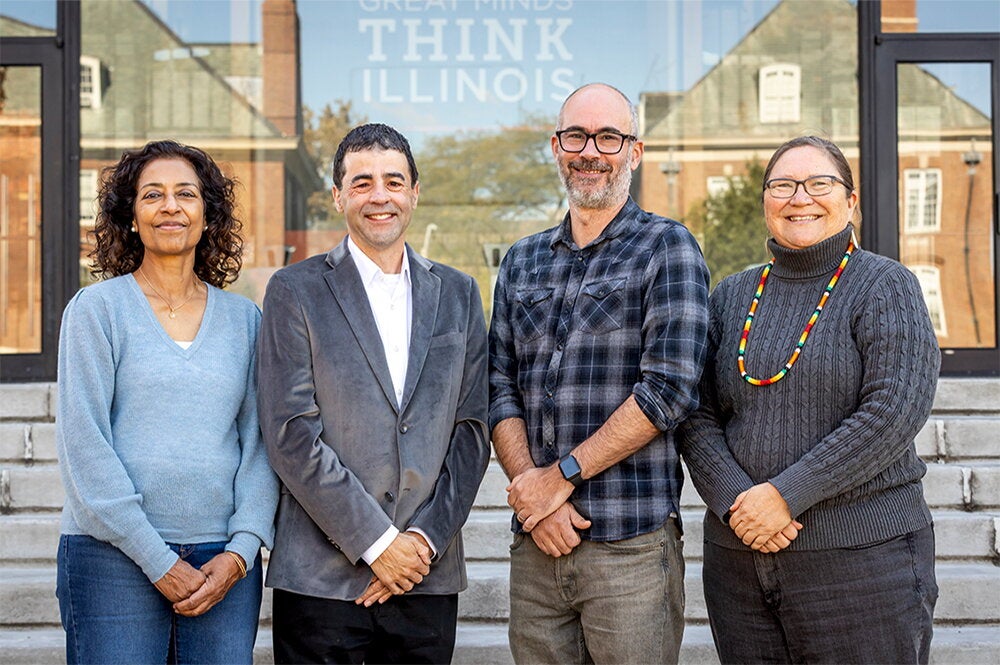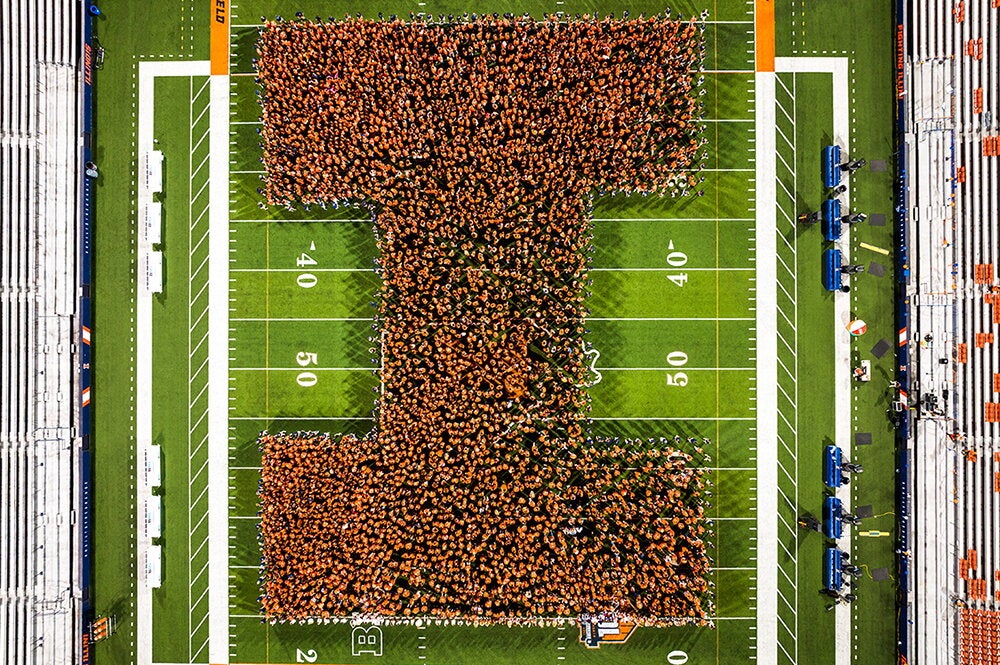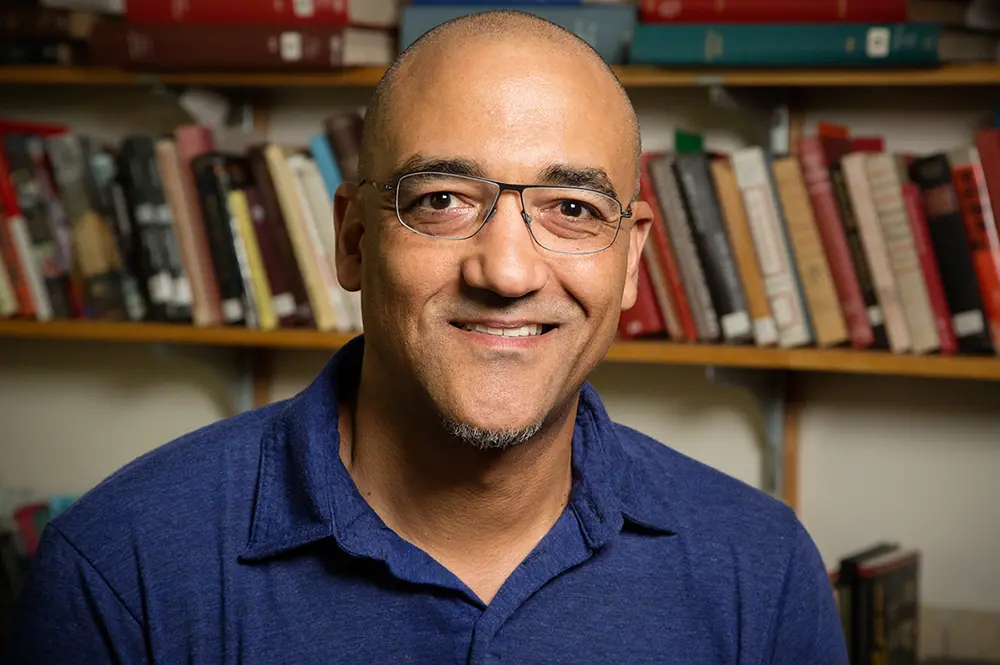
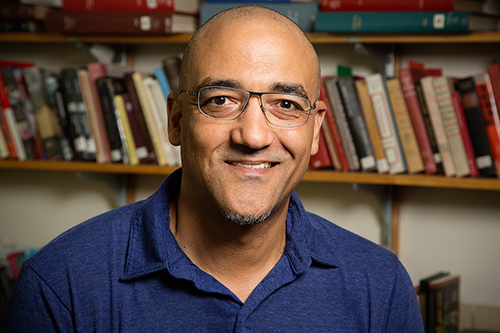
Kevin Mumford, professor of history at the University of Illinois and author of the book, “Newark: A History of Race, Rights, and Riots in America,” has studied racial unrest in the United States in the 20th and 21st centuries. Protests like those we are witnessing today in the wake of the death of George Floyd are just the first steps necessary for long-lasting change, Mumford said in an interview with the College of LAS.
You’ve written about the history of race, rights, and riots in America. How do today’s protests compare to those in recent history?
The riots that most people remember or learned about in civics or history class happened at the end of the civil rights movement in the late 1960s, particularly in the North in Newark, Detroit, Milwaukee, and smaller riots in suburban towns and other cities. All of those tended to have very local agendas around resources, segregation, city services, housing, and unemployment. They were bread and butter issues that mobilized black people in the cities to protest. The continuity between those protests and today is that the ignition for those riots were police stops. In Newark (in 1967), a black taxi driver was arrested for a tail light incident and brought into custody, and he was apparently beaten and roughed up. People started to hear that he had been severely injured and others thought that he'd been killed. By the end of the night, all these people rushed to the 4th Police Precinct. And it was a police raid in Detroit that started protests there (in 1967). So the police were definitely on the front line of what was causing the conflict. There's a very strong parallel to the Minneapolis police (today).
The other thing that's really interesting to me is that some of the same strategies that were circulating in the 1960s are doing so today. In the 1960s, the government of the state of New Jersey talked about outside agitators. They said, “Our citizens are basically happy. All of this is the result of these black nationalist influences.” And there was never any evidence of that. Federal and state investigations didn't turn up bands of outsiders. It was the same with looting. People assume that poor people or heavily stigmatized people like youth and African Americans are out to steal.
Historically, what has brought racial protests to an end?
One thing that I believe in after studying Newark and being around pretty big demonstrations and shut-downs is that being an activist and being in the public sphere and getting a lot of media attention is just the first step. You somehow have to translate that into governmental power. Ultimately what brought change in the 1960s protests was more elections of black candidates in the next round of elections. We began to see African-American mayors for the first time in Gary, Newark, Detroit, and eventually in New York and Los Angeles. The mayors then appointed the chiefs of police who would try to make more representative police forces. You had a situation in Newark in the 1960s where over 50 percent of the population was African American, and there was only one black city council member and three black police officers. Newark was very much a race riot. It was white people in charge having all the power not even respecting the electoral process, and black people on the other side becoming increasingly frustrated and then erupting in anger.
Given what you know about history, what could be a constructive way to move forward from here?
I think that we need to get to the next stage, which involves politics. And that doesn't mean, “Vote for a Democrat.” It means if you're out there and you care, do something. Run for city council. Historians argue that Richard Nixon was in for a very tight race in 1968, but he was able to use the race card in different ways, and his rhetoric of law and order and silent majority appealed to a lot of swing voters who were misunderstood or who were taken aback by the riots. And I fear that the same thing will happen again—that a couple months from now the riots will be remembered as an act of self-destruction and an act of violence.
Do you think social media has helped lead to more meaningful dialogue during the protest than in past protests?
Everybody has a phone, and there's a great connection between youth who demand change. Many, many, many people want change. They're not exactly sure how or what, and they're savvy with social media. The way that youth are so quick and savvy and connected on social media, this is the kind of enfranchisement that's super important.
How do you think change can be approached on campus?
I truly believe that the students on campus are a generation ahead of the power holders on campus in thinking about race. To the students I would say, “Don't come back to campus and think that you have something to learn; you have something to teach.”
